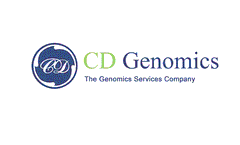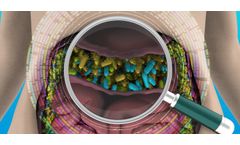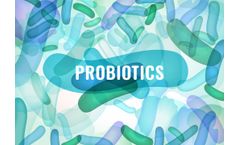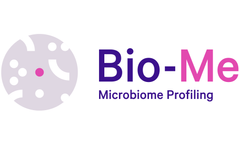Intestinal Flora Articles & Analysis: Older
13 articles found
Regulation of lipoprotein metabolism by intestinal flora The intestine is not only a site of lipid digestion and absorption, but also a place where a large number of microorganisms reside. ...
Main research directions of intestinal microorganisms at present are as follow: i. Differences in intestinal flora between disease group and healthy group. ii. Study the intestinal flora of drug or dietary intervention groups. iii. Intestinal flora of the same population in ...
There are currently four anti-AD drugs on the market, cholinesterase inhibitors, NMDA receptor antagonists, Aβ inhibitors and intestinal flora regulators. These drugs can promote or restore choline function by inhibiting the activity of acetylcholine, play a therapeutic role in AD patients in the early and middle stages, and maintain the cognitive state of ...
Bidirectional Effects Through years of research, it has been revealed that intestinal flora can synthesize a range of enzymes involved in drug metabolism, including oxidases and hydrogenases. ...
On January 14, 2022, a team of Canadian, Swiss, and French researchers published in the prestigious journal Cancer Discovery an article entitled "A natural polyphenol exerts antitumor activity and circumvents anti-PD-1 resistance through effects on the gut microbiota", demonstrating for the first time that castalagin, isolated from Camu-camu (CC), alters the gut microbial composition through ...
In addition to the advantages of conventional non-target exploratory analysis, metabolomics can also detect specific metabolites related to intestinal bacteria, clearly reflecting the functional change of intestinal flora under specific conditions. Combined with the sequencing analysis technology of intestinal bacteria, a key ...
When we talk about intestinal bacteria or dietary fiber, we often hear about "short-chain fatty acids". ...
The large intestine is composed of intestinal epithelial cells (IECs), which form an intestinal barrier between the microbiota in the intestinal lumen and surrounding tissues. ...
(6) Organic acids such as citric acid, lactic acid, malic acid, ascorbic acid, etc. are the most effective substitutes for antibiotics, which can regulate the intestinal flora. Are plant extracts food additives or food? Currently, there is no uniform regulation in the United States for the use of plant extracts as food materials, and some substances are ...
At present, studies have confirmed that supplementing probiotics in the H. pylori eradication program can increase the eradication rate and reduce the occurrence of adverse reactions, but the specific changes in the intestinal flora before and after eradication have not been evaluated. For this reason, Bumjo and others from Seoul National University School of ...
Probiotics can reduce the risk of liver cancer by regulating the host intestinal flora to prevent endotoxemia associated with dysbacteriosis, maintaining the intestinal epithelial barrier function, and inhibiting the translocation of intestinal bacteria and their derivatives into the body circulation. ...
In addition, the researchers in the study want to look for markers also in faeces / intestinal flora and tissues. The goal is to develop a safe test that consists of either a blood sample or a combination of several types of samples. ...
ByBio-Me
KEGG results indicated that carbohydrate, amino acid, bone and intestinal flora metabolism and the tricarboxylic acid cycle were affected by cadmium exposure. ...









